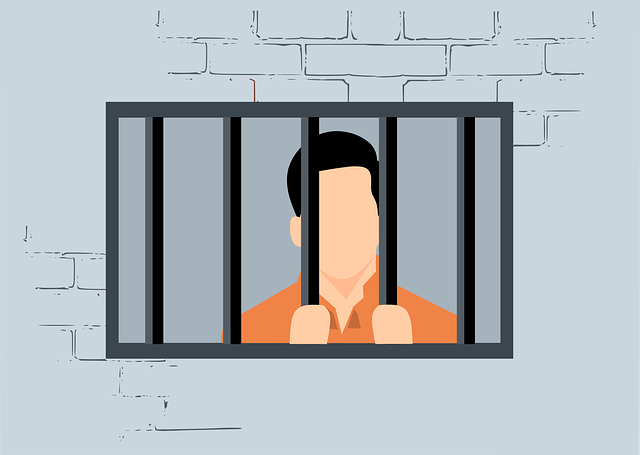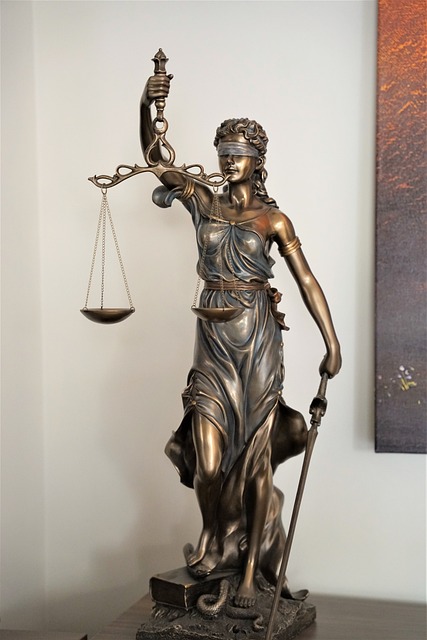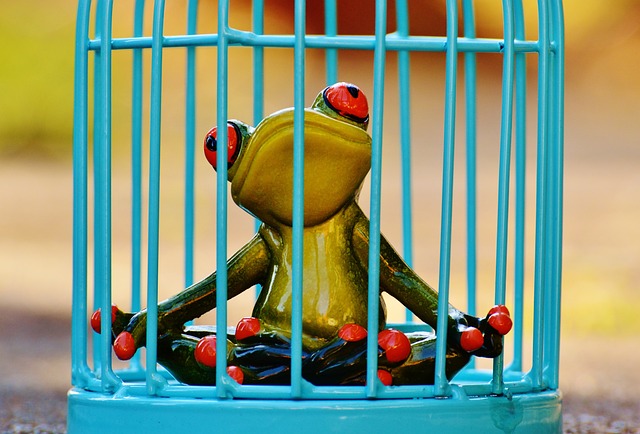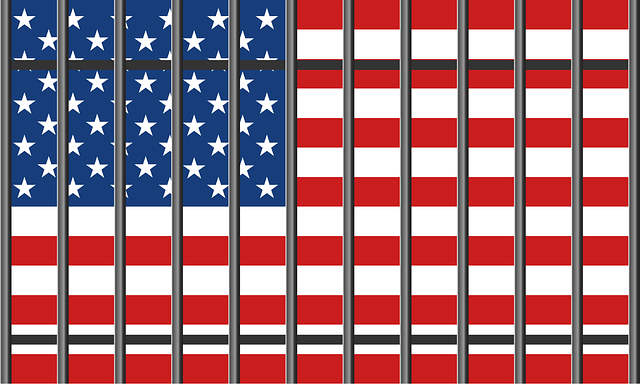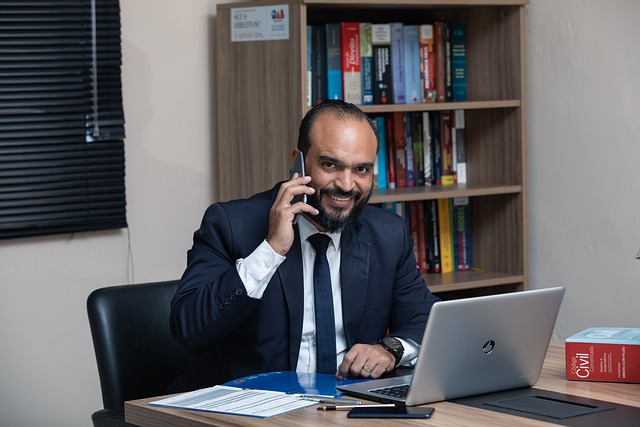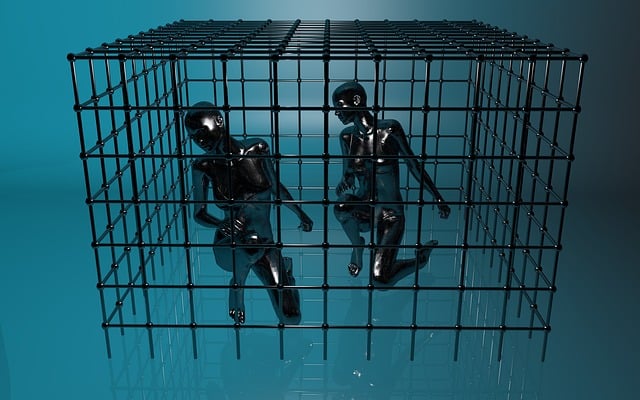Youth Justice and Fair Treatment are essential for addressing disparities in the legal system, especially for young tourists facing DUI charges. Navigating foreign laws and procedures presents unique challenges, requiring specialized local lawyers. Cultural differences impact justice systems, leading to potential misunderstandings. Promoting fairness involves educating youth about their rights and available resources, as well as engaging communities through open dialogue and accessible support services like counseling and mentorship programs. This collaborative approach ensures tourists receive competent legal counsel and a thorough understanding of their rights, aiming for a level playing field in DUI defense.
“Youth Justice Fair Treatment explores the intricate balance between accountability and compassion in youth justice systems. This comprehensive guide delves into the fundamental principles of fair treatment, examining global challenges and cultural influences. From understanding DUI defense for tourists navigating foreign legal landscapes to uncovering cultural barriers impacting youth justice, we provide insights that empower communities. Discover strategies to advocate for fairness, ensuring every young person receives a just and supportive outcome.”
- Understanding Youth Justice and Fair Treatment: A Foundation for Change
- DUI Defense for Tourists: Navigating Legal Challenges in a Foreign Land
- The Impact of Cultural Differences on Youth Justice: Overcoming Barriers to Fair Treatment
- Strategies for Promoting Fair Treatment: Empowering Youth and Communities
Understanding Youth Justice and Fair Treatment: A Foundation for Change

Youth Justice and Fair Treatment are fundamental principles that demand a fresh perspective, especially when it comes to understanding the unique challenges faced by young individuals, particularly tourists facing DUI charges. In many cases, youth, coupled with a lack of familiarity with local laws, can lead to unfair treatment during legal proceedings. This is where advocacy and systemic reform come into play.
By recognizing that youth are still developing and may not fully comprehend their rights or the consequences of their actions, we can begin to address disparities in the justice system. Fair treatment ensures that tourists accused of DUI are provided with clear explanations, access to competent legal counsel, and a thorough understanding of their rights, especially when navigating unfamiliar territories. It’s about creating a level playing field where youthful mistakes don’t automatically lead to severe, often disproportionate penalties.
DUI Defense for Tourists: Navigating Legal Challenges in a Foreign Land
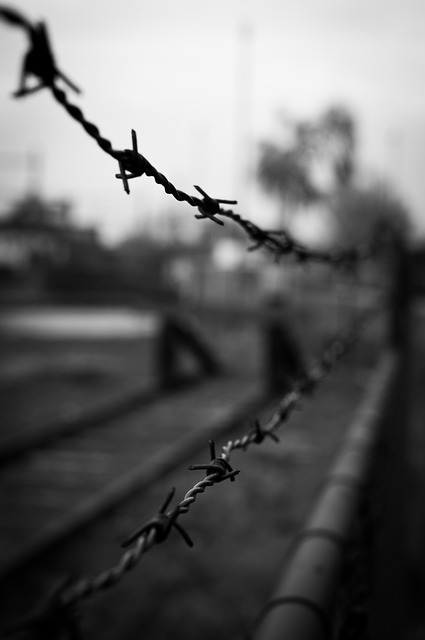
Navigating a DUI (Driving Under the Influence) charge as a tourist in a foreign land presents unique legal challenges. When facing such charges, understanding local laws and procedures is essential for ensuring fair treatment within the youth justice system. The complexities arise from cultural differences, varying legal standards, and language barriers that can impact the defense strategy.
Tourists, especially young travelers, may not be fully aware of their rights or the potential consequences in a different jurisdiction. A DUI Defense for Tourists often involves coordinating with local lawyers who specialize in these cases. These legal experts can provide guidance tailored to the specific country’s rules and regulations, ensuring that visitors’ rights are protected throughout the process.
The Impact of Cultural Differences on Youth Justice: Overcoming Barriers to Fair Treatment
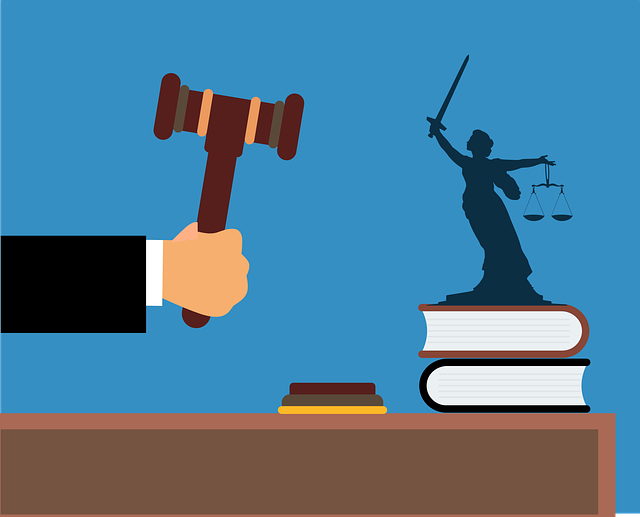
Cultural differences play a significant role in shaping youth justice systems and can significantly impact the fair treatment of young people, especially those from diverse backgrounds. When dealing with adolescents from various cultural origins, understanding their unique perspectives and traditions is essential to ensure unbiased decision-making. For instance, certain cultural practices or beliefs may influence how a young person expresses themselves during an encounter with law enforcement, potentially leading to misunderstandings.
Overcoming these barriers requires sensitivity and cultural competency within the justice system. This includes training for legal professionals, police officers, and judges to recognize and appreciate diverse cultural norms. When addressing issues like DUI (Driving Under the Influence) cases involving tourists from different countries, cultural context is crucial. For example, a foreigner’s interpretation of alcohol consumption limits or legal procedures might differ from local customs, requiring adjusted approaches to ensure fair treatment and avoid discriminatory practices.
Strategies for Promoting Fair Treatment: Empowering Youth and Communities
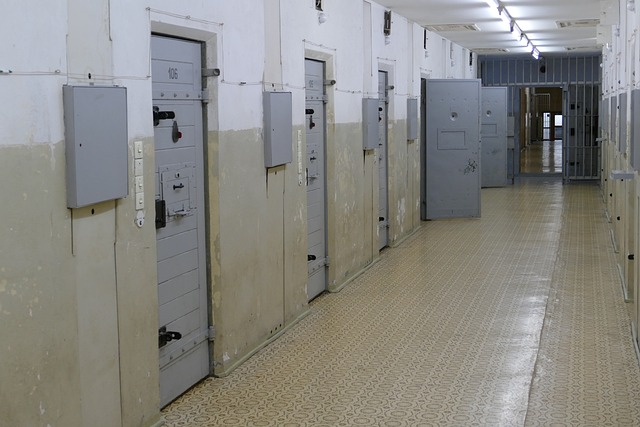
Promoting fair treatment in youth justice involves empowering both youth and their communities. One key strategy is education and awareness campaigns that highlight the rights of young people, especially those from marginalized backgrounds. By equipping them with knowledge about their legal rights, potential consequences, and available resources, youth can make informed decisions and navigate the justice system more effectively. Community engagement is equally vital; fostering open dialogues between law enforcement, social workers, and community leaders can bridge gaps and build trust.
Additionally, providing accessible support services, such as counseling, mentorship programs, and legal aid for DUI defense (including tourists), can significantly impact positive outcomes. These initiatives empower youth to take charge of their futures, make better choices, and reduce the likelihood of future interactions with the justice system. Ultimately, this collaborative approach ensures that young people receive fair treatment while fostering a sense of accountability and personal growth.
In conclusion, promoting fair treatment in youth justice requires a multifaceted approach. By understanding the foundational principles of youth justice, navigating legal complexities like DUI defense for tourists, recognizing and overcoming cultural differences, and implementing strategies that empower both youth and communities, we can create a more equitable system. These efforts are essential steps towards ensuring every young person receives just and compassionate treatment, regardless of their background or where they find themselves in the legal system.
